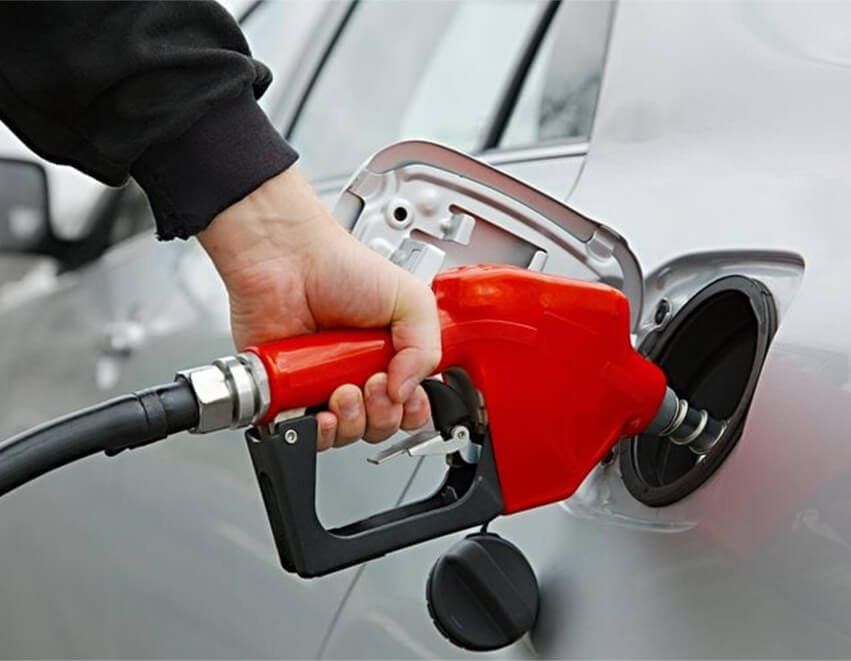For the distribution and administration of gaseous or liquid fuel, a fuel dispensing system is essential. Fuel pump dispensers are apparatus for restocking portable containers, storage barrels, and automobiles with liquid petroleum. Petroleum, diesel, gasoline, and oil are examples of these fuels. Gasoline fuel dispensers facilitate the simpler transportation of gases between locations by refilling […]
For the distribution and administration of gaseous or liquid fuel, a fuel dispensing system is essential. Fuel pump dispensers are apparatus for restocking portable containers, storage barrels, and automobiles with liquid petroleum. Petroleum, diesel, gasoline, and oil are examples of these fuels. Gasoline fuel dispensers facilitate the simpler transportation of gases between locations by refilling vehicles or equipment that run on syngas or hydrogen.
At a filling station, a fuel dispenser is a device that pumps various fuels into cars, including kerosene and biofuels like biodiesel, gasoline, gasoline, diesel, CNG, CGH2, HCNG, LPG, and LH2.

Fuel pump dispensers are built differently depending on the kind of petroleum they are intended to hold. Fuel properties such as volatility, combustibility, and boiling point have a big impact on dispenser design and setup. Typical liquid fuel groupings include the following:
Diesel, gasoline, and kerosene are all examples of fuels derived from petroleum. As opposed to directly burning, liquid petroleum fuels ignite when their vapors touch an ignition source. The liquid subsequently evaporates and ceases to exist as vapors. Kerosene is utilized as a heating fuel, a component of jet and rocket fuels, and a diesel additive to prevent low-temperature-related issues, in addition to being the primary fuel for automobiles (gasoline and diesel).
LPG and CNG are examples of fuels that are combustible. While methane is the primary ingredient in CNG, isobutane and propane make up LPG. Their clean burning characteristic needs constant pressure due to their low boiling temperatures. Cooking and heating are two additional uses for CNG and LPG in addition to being fuel for motorized vehicles.
Among the alcohols used as car fuels or as fuel additives in addition to gasoline fuel dispensers are ethanol, butanol, and methanol.
Examples of unusual or specialized liquid fuels include ammonia, biodiesel, liquid hydrogen, and synthetic fuels.
The term “fuel gases” refers to some fuels that are gaseous in nature. They are sometimes used to power automobiles in addition to gas burners, heaters, and stoves. Gas-lit streetlamps consumed fuel gas prior to the widespread adoption of electric street lighting.
There are two primary groupings of fuel gas:
It includes propane, butane, and regasified LPG, which is produced as a byproduct of the refining of petroleum. Natural gas deposits in the gas field deposits inherently include natural gas in its uncompressed form or CNG.
A term used to describe fuel gases produced artificially, mainly by gasification. These gases include biogas, syngas, wood gas, water gas, and coal gas. Manufactured gas was used historically for cooking and illumination until the middle of the 20th century, and it is now used as fuel for combustion engines or gas turbines.




